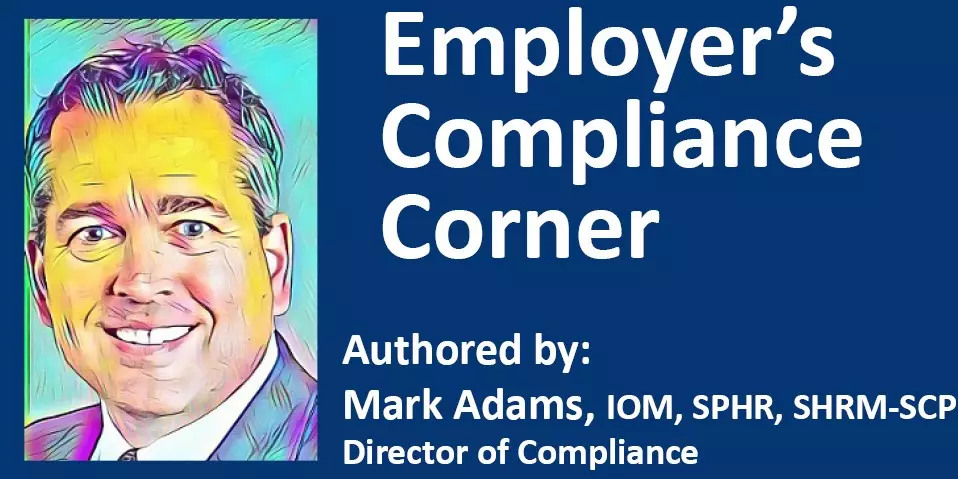
Today’s workplaces are evolving. Between the lessons learned from the pandemic coupled with the expectations of today’s workers (most notably the Millennial generation), the demand for workplace flexibility is at an all-time high. Faced with this expectation and fearful of losing talent in an already barren labor market, HR Professionals are forced to be creative. Restructuring jobs, remote work, flexible scheduling, incentive programs, innovative benefits – all are being brought to the table.
Yet, amidst all this change, don’t lose sight of the wage and hour rules of the road when it comes to paying your Exempt-level employees. While we all are adapting, the Fair Labor Standards Act (FLSA) is not quite as adaptable.
Remember under the FLSA, there are only certain ways you can pay Exempt employees. When it comes to your Managers and Administrative staff, there is the need to pay them on a Salaried basis; meaning that you need to guarantee them a fixed salary for working in a given week regardless of their hours of work. While there are some options when it comes to deducting from a salary such as:
- for one or more full days for personal reasons other than sickness or disability;
- for absences of one or more full days due to sickness or disability if the deduction is made in accordance with a bona fide plan, policy or practice of providing compensation for salary lost due to illness;
- to offset amounts employees receive as jury or witness fees, or for military pay; for penalties imposed in good faith for infractions of safety rules of major significance; or
- for unpaid disciplinary suspensions of one or more full days imposed in good faith for workplace conduct rule infractions.), partial day deductions from a salary are not one of them.
Thus, the ability of salary proration (in response to an employee seeking flexible scheduling or reduced hours in the form of partial day absences) could lead to a wage and hour violation. By contrast, employees who seek to not work if days at a time due to personal reasons could allow for salary proration to take place.
(There are other Exempt level occupations where the need to pay a fixed salary is not necessary. For instance, Professional positions may be paid on a fee (not hourly) basis instead. Outside Sales Workers can be paid on a commissioned basis. And certain Computer-related occupations can in fact be paid on an hourly basis provided that the rate is a minimum of $27.63 per hour.
Speaking of hourly workers, employers are seeking to keep them engaged by trying to put more on the table in the form of various bonuses or (as we saw during the pandemic) “hazard pay” as a means of inducing employees to return to work. Here as well, there are FLSA repercussions to be had as bonuses or incentives that influence whether and how an employee does their job (whether that is in terms of influencing the quality of their work, the quantity of their work, attendance considerations etc.) need be factored into overtime. Specifically, such calculations come in the form of pro-rating such bonuses or supplemental pay, allocating the prorated amount to the week in which overtime occurred, and adding it to the base pay for that given week in order to adjust the “regular rate of pay” necessary for overtime calculation purposes.
So, while we all are trying to keep up with the rapid change in our workplaces, don’t overlook the wage and hour implications of your actions. Doing so can prove very costly for your organization. Depending upon the nature of the violation, penalties can include civil monetary fines, back pay, liquidated damages, and attorney’s fees.
Thank you for viewing this article in EANE’s Employer’s Compliance Corner Blog, Authored by our Director of Compliance, Mark Adams. Please visit again soon to stay up to date on today’s compliance updates and best practices for employers.